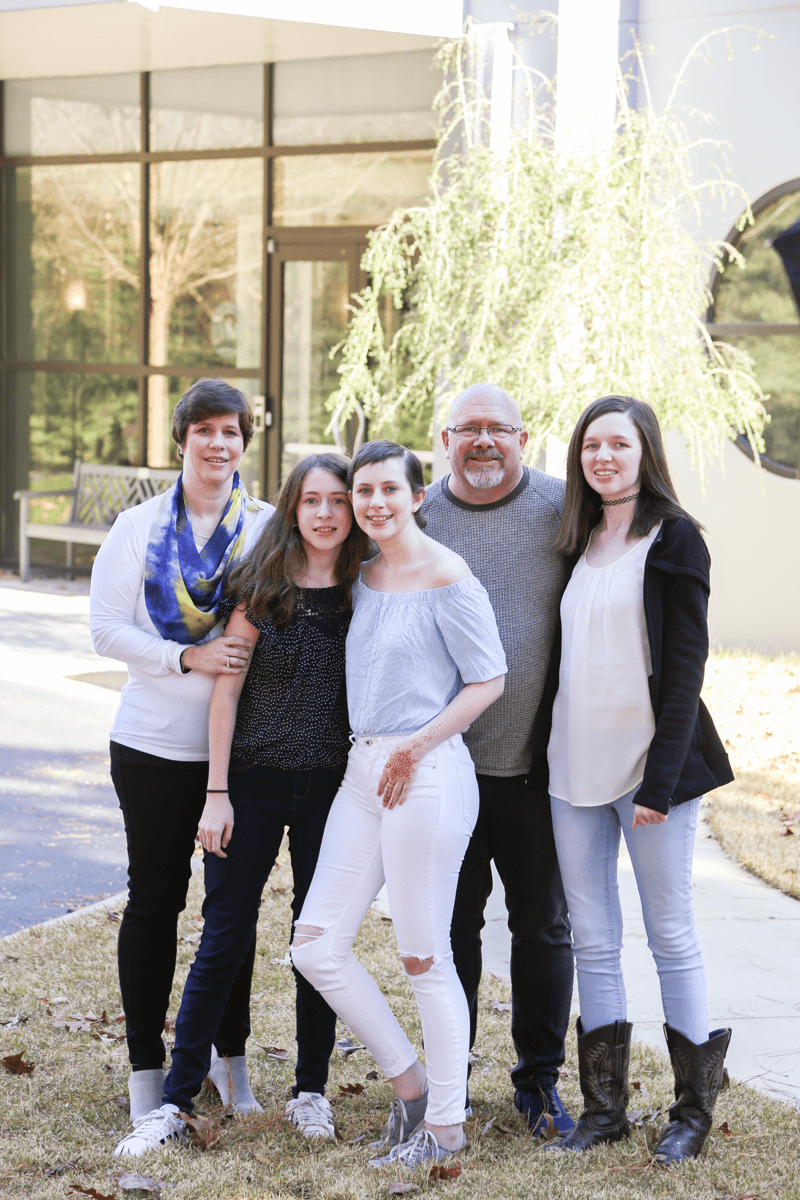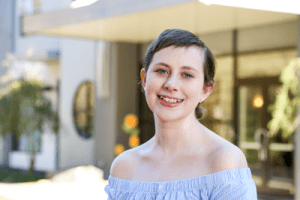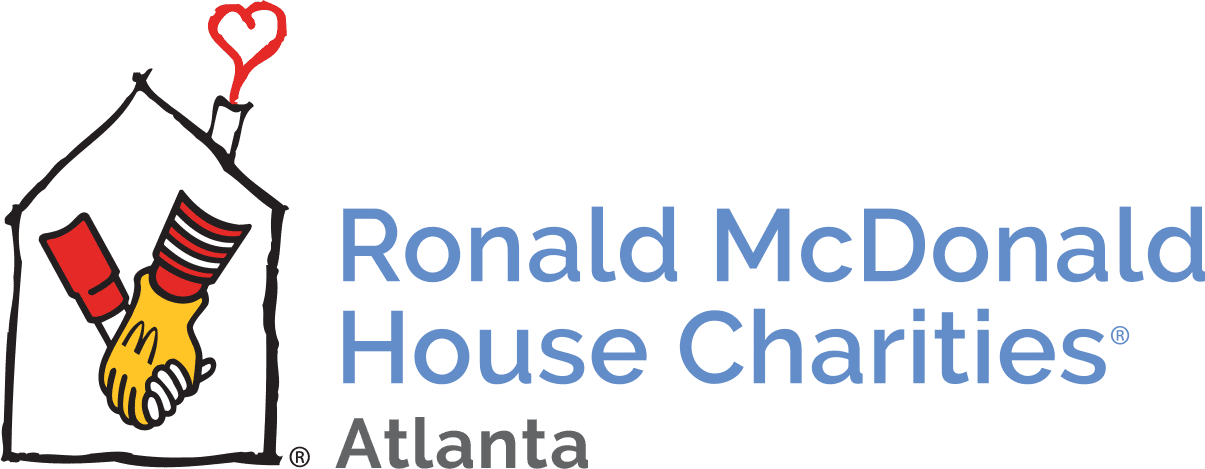
20 Mar Finding the ORDINARY: The Mulligans
“It provided comfort during a time when there wasn’t a lot of comfort.”
—Sarah Mulligan
Ronald McDonald House provides comfort for Mulligan Family
Sarah Mulligan had plans for her 20th summer. Spending time with family and friends, preparing for her junior year as an International Affairs major at North Georgia University, and just relaxing were all on the table. But that’s not how things played out.
After intense leg pain forced her to the ER in late July 2017, Sarah found herself caught up in a medical whirlwind, one where doctors appointments, biopsies and scans took over her own and her family’s routine.
“It was life-shattering,” she says of the August 18 diagnosis of Ewing sarcoma, a rare type of cancerous tumor that was on her right tibia.
Then, unbelievably, just two months later, the Mulligans got more bad news. This time, a nodule that had shown up on Sarah’s right lung during scans was diagnosed as cancerous. Sarah had adenocarcinoma, a type of lung cancer, and it would have to be addressed before her team could manage the Ewing sarcoma.
On December 8, surgeons successfully removed all the adenocarcinoma. Six days later, Sarah was back in the operating room for the limb-salvage surgery that replaced her diseased tibia, knee and part of the ankle with titanium and chrome.
“It was two surgeries, two different hospitals and one long stay at the Atlanta Ronald McDonald House,” says mom, Marian.
All told, there’ve been three major surgeries, eight rounds of chemo, a blood transfusion and multiple biopsies and scans.
 “Whatever we thought was normal before this hasn’t existed since,” says Marian. For the Mulligans, ordinary became the goal, stability the aspiration, which is what the House offered.
“Whatever we thought was normal before this hasn’t existed since,” says Marian. For the Mulligans, ordinary became the goal, stability the aspiration, which is what the House offered.
For her parents, it provided a place to step away from the hospital, get some rest and talk to other parents enduring similar struggles. For Sarah, it meant a place she could relax without having to indulge people’s questions or experience awkwardness.
“It was really nice not having people look at you funny or look at you with pity. That relieved some social anxiety,” Sarah says, explaining that being around other people who automatically understood was reassuring.
That empathy has taken root and Sarah, now 21 and in remission, is thinking about how she can use her experience to help others.
As an older pediatric patient, she knows first-hand the vacuum that exists for young adults being treated for complicated illnesses. She envisions an organization that focuses on the needs of those who are beyond teddy bears but who need pick-me-ups, nonetheless. While hospital pediatric wings can feel too immature, the adult side can feel overwhelming, she says.
Though interrupted, Sarah says her plans now better reflect who she is. These days she’s working as a marketing intern, getting experience in a profession she hopes can help bring her vision to life.
Along the way, she and her family are finding peace with a new normal.


